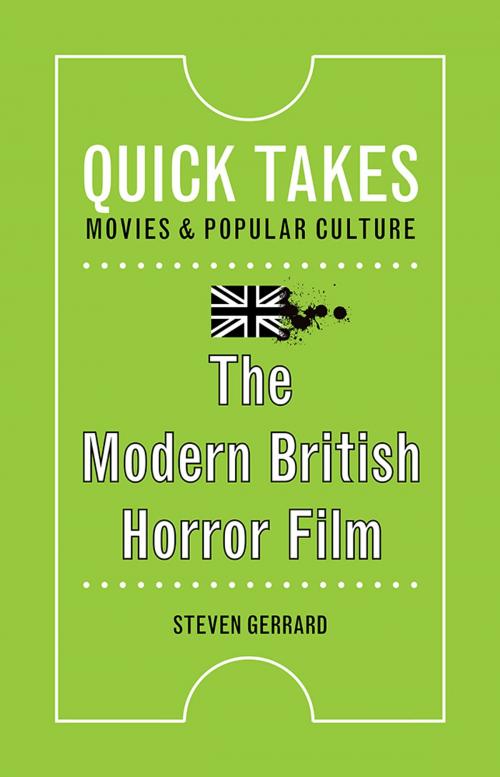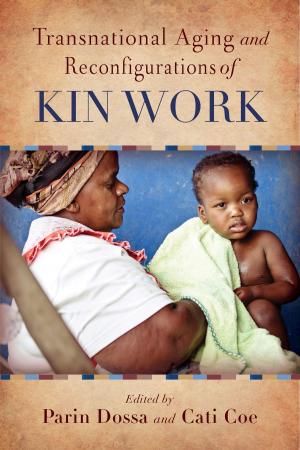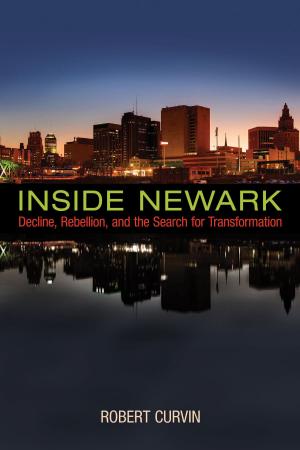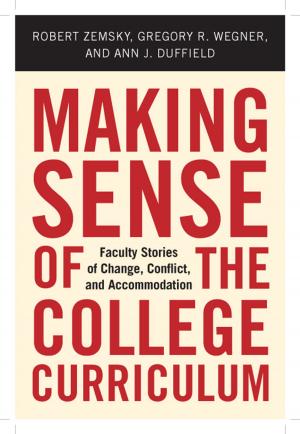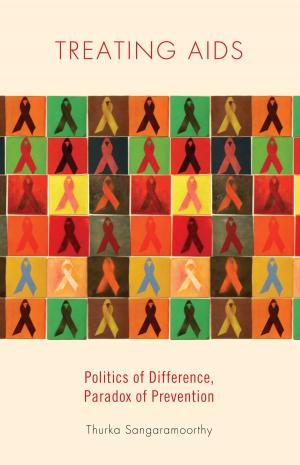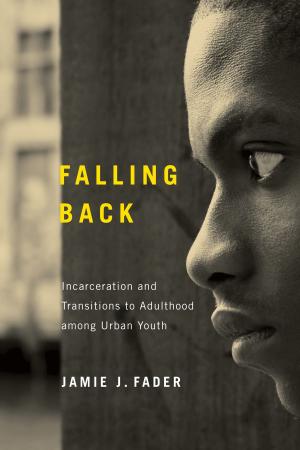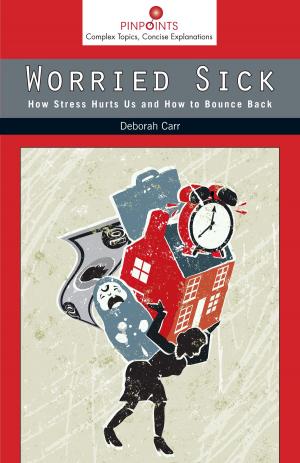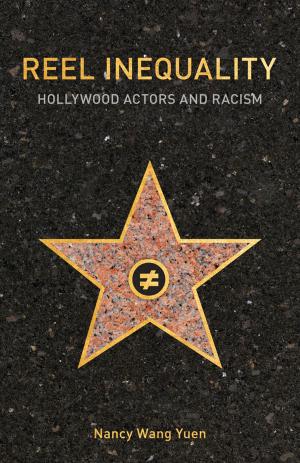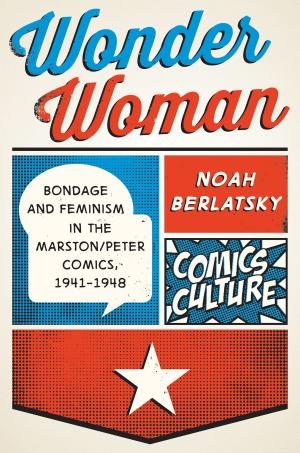The Modern British Horror Film
Nonfiction, Entertainment, Film, History & Criticism, Performing Arts| Author: | Steven Gerrard | ISBN: | 9780813579450 |
| Publisher: | Rutgers University Press | Publication: | February 5, 2018 |
| Imprint: | Rutgers University Press | Language: | English |
| Author: | Steven Gerrard |
| ISBN: | 9780813579450 |
| Publisher: | Rutgers University Press |
| Publication: | February 5, 2018 |
| Imprint: | Rutgers University Press |
| Language: | English |
When you think of British horror films, you might picture the classic Hammer Horror movies, with Christopher Lee, Peter Cushing, and blood in lurid technicolor. Yet British horror has undergone an astonishing change and resurgence in the twenty-first century, with films that capture instead the anxieties of post-Millennial viewers.
Tracking the revitalization of the British horror film industry over the past two decades, media expert Steven Gerrard also investigates why audiences have flocked to these movies. To answer that question, he focuses on three major trends: “hoodie horror” movies responding to fears about Britain’s urban youth culture; “great outdoors” films where Britain’s forests, caves, and coasts comprise a terrifying psychogeography; and psychological horror movies in which the monster already lurks within us.
Offering in-depth analysis of numerous films, including The Descent, Outpost, and The Woman in Black, this book takes readers on a lively tour of the genre’s highlights, while provocatively exploring how these films reflect viewers’ gravest fears about the state of the nation. Whether you are a horror buff, an Anglophile, or an Anglophobe, The Modern British Horror Film is sure to be a thrilling read.
When you think of British horror films, you might picture the classic Hammer Horror movies, with Christopher Lee, Peter Cushing, and blood in lurid technicolor. Yet British horror has undergone an astonishing change and resurgence in the twenty-first century, with films that capture instead the anxieties of post-Millennial viewers.
Tracking the revitalization of the British horror film industry over the past two decades, media expert Steven Gerrard also investigates why audiences have flocked to these movies. To answer that question, he focuses on three major trends: “hoodie horror” movies responding to fears about Britain’s urban youth culture; “great outdoors” films where Britain’s forests, caves, and coasts comprise a terrifying psychogeography; and psychological horror movies in which the monster already lurks within us.
Offering in-depth analysis of numerous films, including The Descent, Outpost, and The Woman in Black, this book takes readers on a lively tour of the genre’s highlights, while provocatively exploring how these films reflect viewers’ gravest fears about the state of the nation. Whether you are a horror buff, an Anglophile, or an Anglophobe, The Modern British Horror Film is sure to be a thrilling read.
